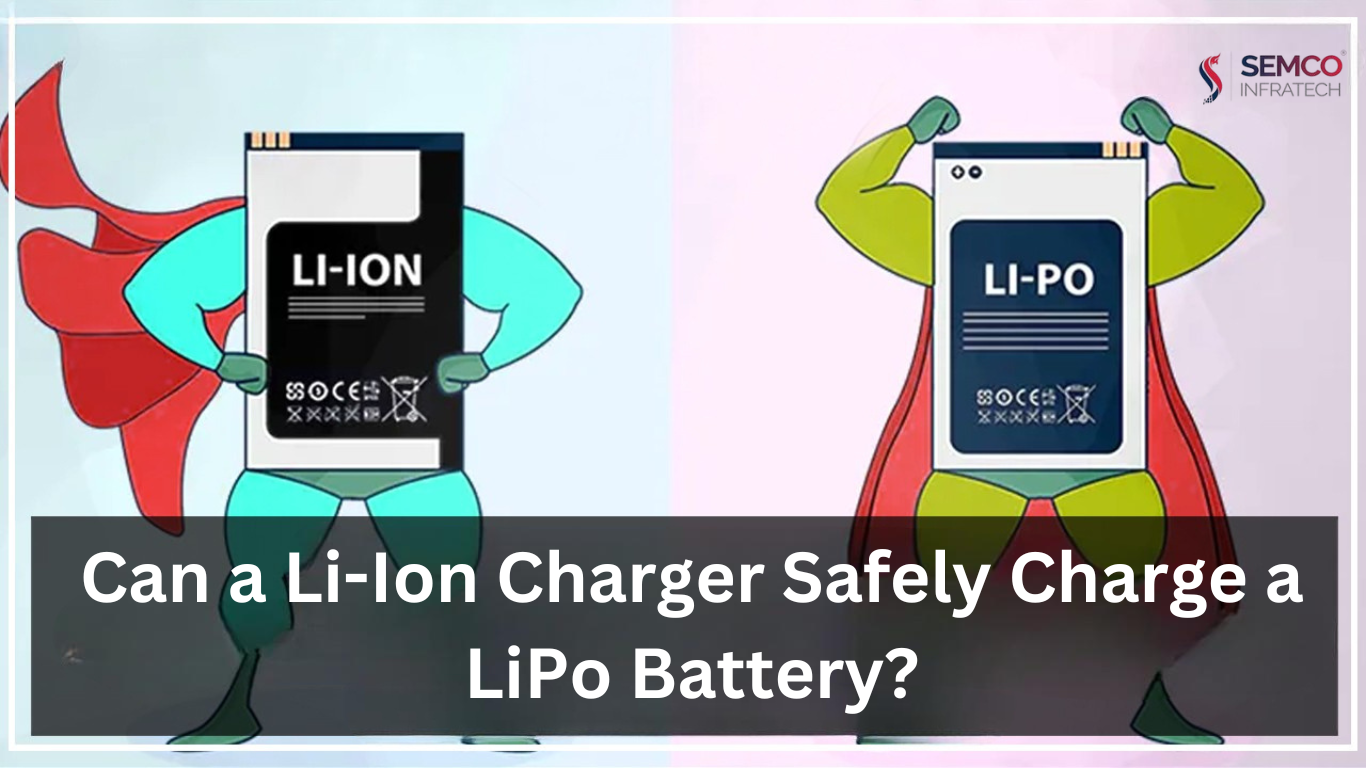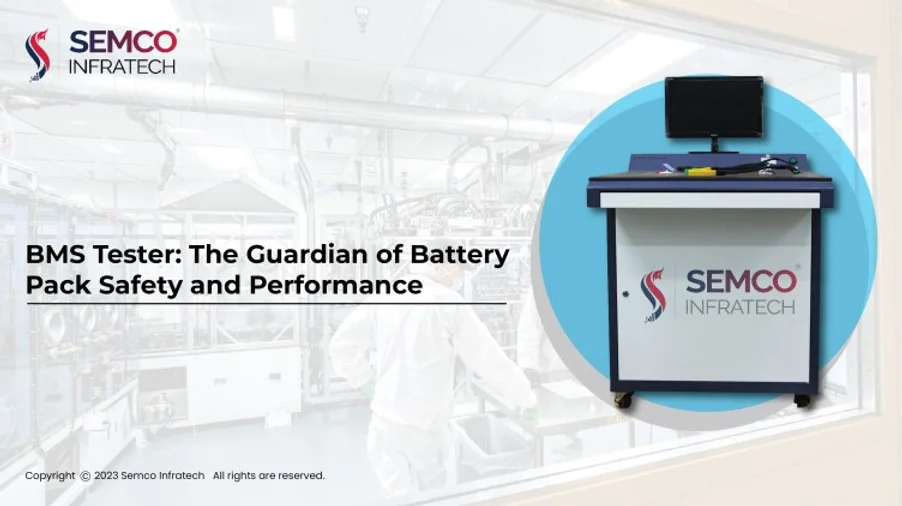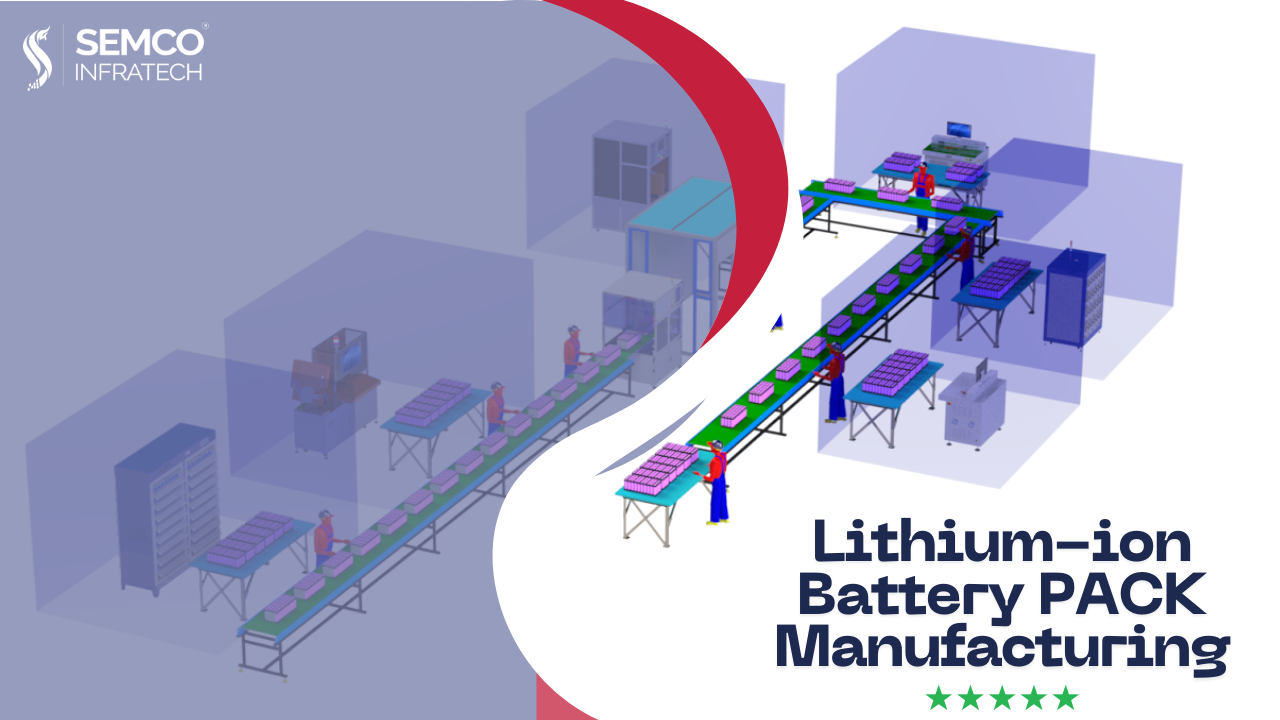In the realm of rechargeable batteries, Lithium-Ion (Li-Ion) batteries and Lithium-Polymer (LiPo) batteries are prevalent in various electronic devices. A common question arises:
Can a Li-Ion charger be used to charge a LiPo battery?
While both battery types share similarities, their charging requirements differ, making it essential to understand their characteristics to ensure safety and optimal performance.
Key Differences Between Li-Ion and LiPo Batteries
1. Chemical Composition and Structure
- Li-Ion Batteries: Utilize a liquid electrolyte and are typically encased in rigid metal or hard plastic shells. They have a nominal voltage of around 3.6 to 3.7 volts per cell.
- LiPo Batteries: Employ a polymer electrolyte, allowing for flexible shapes and sizes. They also possess a nominal voltage of approximately 3.7 volts per cell but are more sensitive to overcharging.
2. Charging Protocols
- Both battery types require a constant current/constant voltage (CC/CV) charging method. However, LiPo batteries demand more stringent charge termination to prevent overcharging, which can lead to swelling or thermal runaway.
3. Battery Management Systems (BMS)
- Many LiPo batteries come with built-in protection circuits that may not be compatible with standard Li-Ion chargers. If the charger does not recognize or accommodate these safety features, it can lead to overcharging, resulting in battery damage or even fire.
Risks of Using a Li-Ion Charger for LiPo Batteries
- Overcharging: If a Li-Ion charger does not have the proper cutoff voltage or fails to sense the battery’s state correctly, it may overcharge the LiPo battery, leading to swelling, leakage, or even thermal runaway.
- Charging Rate: LiPo batteries often allow for higher charge rates (measured in C ratings), which may not be compatible with standard Li-Ion chargers that are designed for slower charging rates.
- Cell Balancing: LiPo batteries, especially those with multiple cells in series, require balancing to ensure that all cells charge evenly. Many Li-Ion chargers may not have this feature, leading to imbalanced cells and reduced battery life.
Best Practices for Charging LiPo Batteries
To ensure safety and maintain battery longevity:
- Use a Dedicated LiPo Charger: Always use a charger specifically designed for LiPo batteries. These chargers have the necessary features, such as cell balancing and appropriate charging profiles, to ensure the battery is charged safely and efficiently.
- Monitor the Charging Process: Avoid leaving LiPo batteries unattended while charging. Monitor the battery for any signs of swelling, overheating, or leakage.
- Charge in a Safe Environment: Place the battery on a non-flammable surface and consider using a fireproof charging bag to contain any potential hazards.
- Adhere to Manufacturer Guidelines: Always follow the manufacturer’s specifications and guidelines for charging to prevent mishandling.
Conclusion
While Li-Ion and LiPo batteries share some similarities, their charging requirements differ significantly. Using a Li-Ion charger to charge a LiPo battery is not recommended due to the risks of overcharging, improper charging rates, and lack of cell balancing.
To ensure safety and optimal performance, always use a charger specifically designed for LiPo batteries and adhere to the manufacturer’s guidelines.





